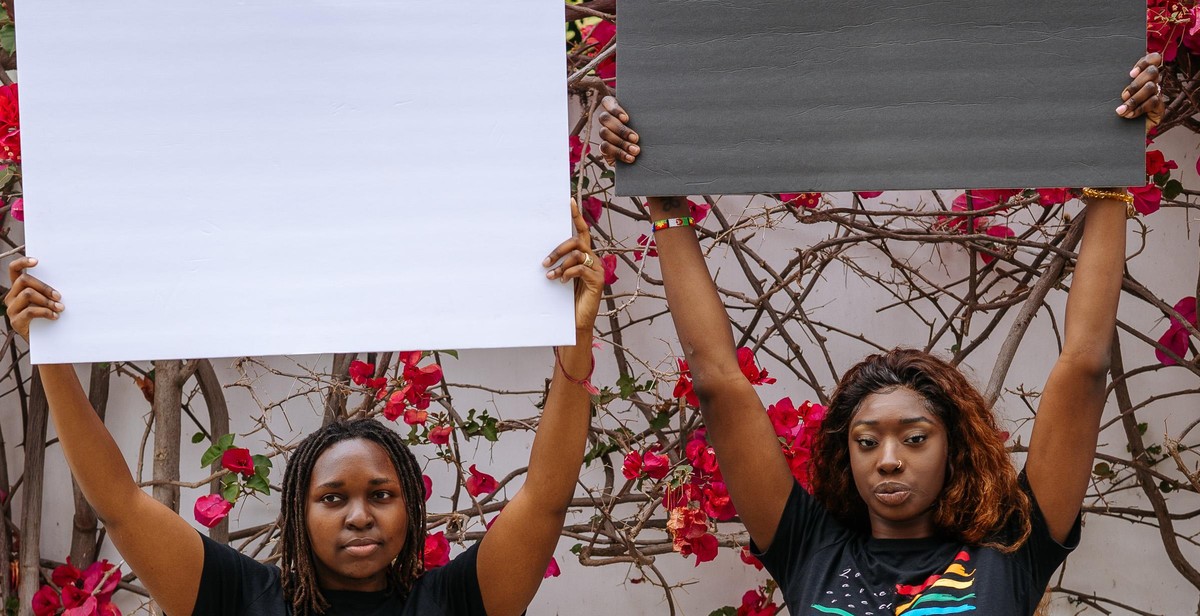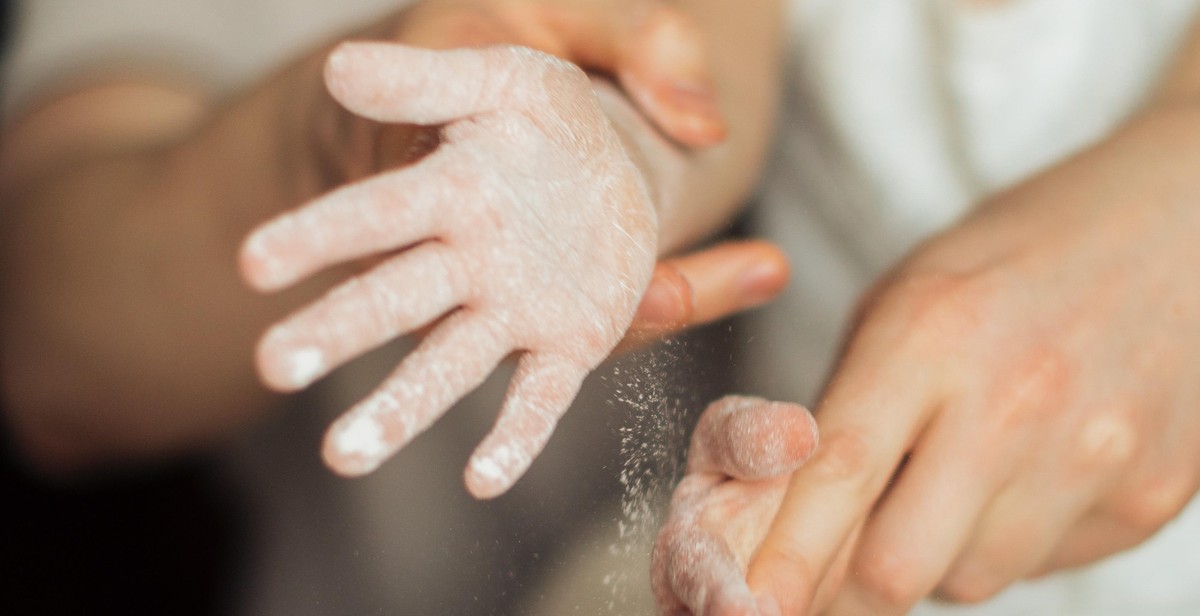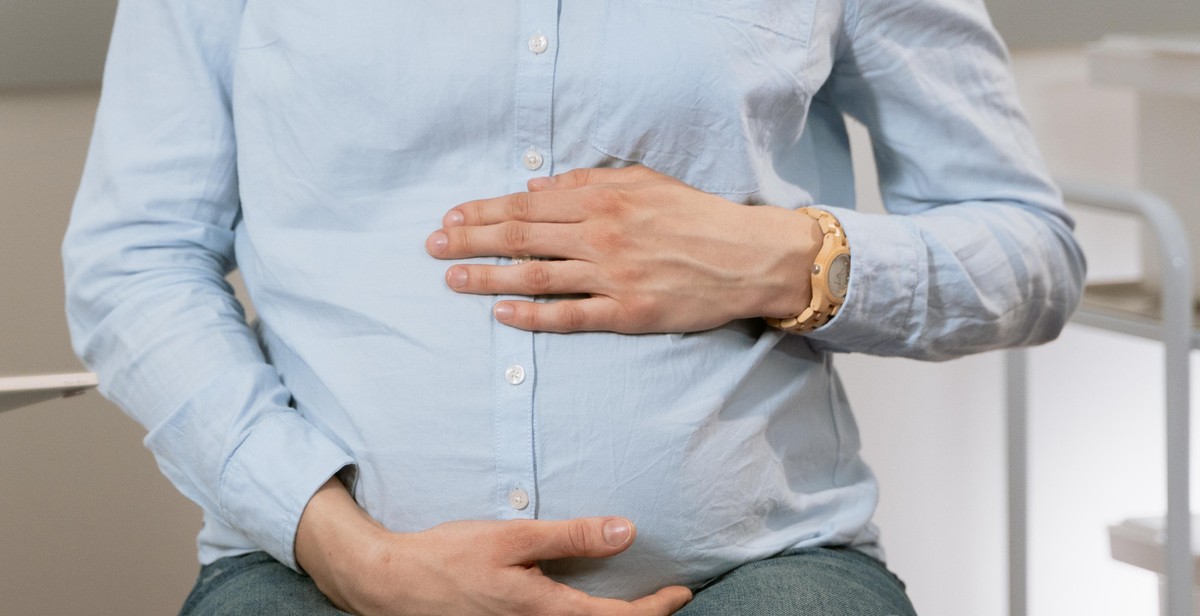Is It Love or Dependency? Understanding Your Feelings
As a love and relationships psychology guru, I have seen countless individuals struggle with understanding their feelings towards their partners. I, too, have been in this position before.
Years ago, I found myself in a toxic relationship that I thought was love. I was constantly seeking validation from my partner and would do anything to keep them happy. However, the more I gave, the more they took. It wasn’t until I took a step back and evaluated my feelings that I realized it wasn’t love at all. It was dependency.
This personal experience led me to dive deeper into the topic of love and dependency and how to differentiate between the two. Through my research and expertise, I have found that many individuals struggle with this same issue.
In this article, I will share my insights and understanding of love and dependency, and how to identify which one you are experiencing in your own relationship. By the end of this article, you will have a better understanding of your own feelings and be equipped with the tools to make the best decision for yourself and your relationship.

What is Love?
Love is a complex and multifaceted emotion that can be difficult to define. It can take many forms and mean different things to different people. At its core, love is a deep feeling of affection and connection towards another person. It’s the feeling that makes you want to be with someone, to care for them, and to share your life with them.
Love is not just a feeling, it’s also a choice. It requires effort and commitment to maintain a healthy and fulfilling relationship. Love involves trust, respect, and communication. It’s about accepting someone for who they are, flaws and all, and supporting them through the ups and downs of life.
Signs of Love
There are many signs that can indicate that you’re experiencing love. These include:
- Feeling happy and content when you’re with the person
- Thinking about the person often and wanting to spend time with them
- Feeling a strong emotional connection with the person
- Being willing to make sacrifices for the person
- Feeling a deep sense of trust and respect for the person
- Being able to communicate openly and honestly with the person
Love can also be accompanied by physical sensations, such as butterflies in your stomach, a racing heart, and a feeling of warmth and comfort when you’re with the person.
| Positive Signs of Love | Negative Signs of Dependency |
|---|---|
| Feeling happy and content when you’re with the person | Feeling anxious and insecure when you’re not with the person |
| Thinking about the person often and wanting to spend time with them | Feeling obsessed with the person and unable to focus on other aspects of your life |
| Feeling a strong emotional connection with the person | Feeling emotionally dependent on the person |
| Being willing to make sacrifices for the person | Feeling like you have to sacrifice your own needs and desires for the person |
| Feeling a deep sense of trust and respect for the person | Feeling like you can’t trust anyone else and that the person is the only one who understands you |
| Being able to communicate openly and honestly with the person | Feeling like you have to hide your true feelings and thoughts from the person |
Understanding the difference between love and dependency is important for maintaining a healthy and fulfilling relationship. While love can bring joy and happiness, dependency can lead to anxiety, insecurity, and an unhealthy attachment to the other person.

Dependency vs Love: Understanding the Difference
Love and dependency may seem similar at first glance, but they are actually quite different. Love is a healthy and positive emotion that brings joy and fulfillment to our lives, while dependency is based on fear and insecurity, leading to a sense of unease and discomfort.
Signs of Dependency
Dependency can manifest in many ways, and it’s important to recognize the signs early on to avoid falling into unhealthy patterns of behavior. Some common signs of dependency include:
- Feeling anxious or insecure without your partner
- Constantly seeking validation and reassurance from your partner
- Feeling jealous or possessive of your partner
- Putting your partner’s needs and desires above your own
- Feeling like you cannot live without your partner
If you find yourself experiencing any of these feelings, it’s important to take a step back and evaluate your relationship. Are you truly in love, or are you dependent on your partner for your own sense of self-worth and happiness?
The Difference Between Love and Dependency
Love is a positive and healthy emotion that is based on trust, respect, and mutual admiration. When you love someone, you want the best for them and are willing to support them in their goals and dreams. Love is not possessive or controlling, and it does not require constant validation or reassurance.
Dependency, on the other hand, is based on fear and insecurity. It is a negative emotion that can lead to jealousy, possessiveness, and a sense of unease. Dependency often stems from a fear of being alone or a lack of self-worth, and it can be damaging to both you and your partner.
| Love | Dependency |
|---|---|
| Based on trust and mutual admiration | Based on fear and insecurity |
| Supportive and positive | Jealous and possessive |
| Not controlling or possessive | Requires constant validation and reassurance |
Understanding the difference between love and dependency is crucial for building healthy and fulfilling relationships. By recognizing the signs of dependency and focusing on building a foundation of trust and mutual respect, you can cultivate a positive and loving relationship that brings joy and happiness to both you and your partner.

Why Do We Confuse Love and Dependency?
As a love and relationships psychology guru, I have seen many people confuse love and dependency. It is a common issue that stems from childhood experiences and society’s influence.
Childhood Experiences
Our childhood experiences shape our understanding and perception of love. If we grew up in an environment where we did not receive enough love and attention, we may develop a deep-seated need for it. As a result, we may confuse dependency for love.
On the other hand, if we grew up in an environment where we received too much love and attention, we may become overly dependent on others for validation and affection. We may believe that we cannot survive without the constant attention and affection of others, leading us to confuse love and dependency.
Society’s Influence
Society’s influence also plays a significant role in confusing love and dependency. The media often portrays love as an all-consuming passion that requires us to give everything to the other person. We see this in movies, TV shows, and music. This portrayal can lead us to believe that dependency is a part of love.
Moreover, society often glorifies the idea of being in a relationship, regardless of whether it is healthy or not. We may feel pressured to be in a relationship, leading us to settle for someone who may not be right for us. This can result in us confusing dependency for love.
Conclusion
Understanding why we confuse love and dependency is the first step in developing healthy relationships. By recognizing the role of childhood experiences and society’s influence, we can work towards developing a healthier understanding of love. In the next section, we will explore the signs of love and dependency to help you determine your feelings.

How to Tell if You’re in Love or Dependent?
It can be difficult to differentiate between love and dependency, especially in the early stages of a relationship. However, self-reflection and seeking professional help can help you understand your feelings and determine whether you are truly in love or dependent on your partner.
Self-Reflection
Self-reflection is a crucial component of understanding your emotions and motivations. Take some time to reflect on your feelings towards your partner. Consider the following questions:
- Do you feel happy and fulfilled when you’re with your partner, or do you feel anxious and insecure when you’re not together?
- Do you feel like you can be yourself around your partner, or do you feel like you have to constantly please them to maintain their affection?
- Do you have a strong sense of self, or do you define yourself primarily through your relationship with your partner?
If you find that you are overly dependent on your partner for your happiness and self-worth, you may be in a dependent relationship rather than a loving one.
Seeking Professional Help
If you’re struggling to understand your emotions and determine whether you’re in love or dependent, seeking professional help can be a valuable tool. A therapist or counselor can help you work through your feelings and develop a healthier, more balanced relationship with your partner.
Therapy can also help you identify and address any underlying issues that may be contributing to your dependency, such as low self-esteem or past trauma.
Remember, it’s okay to seek help and support when you’re struggling with your emotions. By taking the time to understand your feelings and address any issues, you can build a stronger, more loving relationship with your partner.

Conclusion
Understanding the difference between love and dependency is crucial for a healthy and fulfilling relationship. It is important to recognize the signs of dependency and work towards building a strong sense of self-worth and independence.
Through my personal experience and professional expertise, I have come to understand that dependency can often masquerade as love, leading to unhealthy and toxic relationships. It is important to take the time to reflect on your feelings and assess whether they are coming from a place of love or dependency.
Building a strong foundation of self-love and self-respect is key to developing healthy relationships, as it allows us to enter into relationships as whole, complete individuals who are not seeking validation or fulfillment from another person.
Remember, love should be a choice, not a necessity. It should enhance our lives, not define them. By understanding our feelings and working towards building healthy relationships, we can create a life filled with love, happiness, and fulfillment.
- Recognize the signs of dependency
- Build a strong sense of self-worth and independence
- Assess whether your feelings are coming from a place of love or dependency
- Enter into relationships as whole, complete individuals
- Choose love, not necessity
By following these steps, you can work towards creating healthy and fulfilling relationships that are built on a foundation of love and respect.
